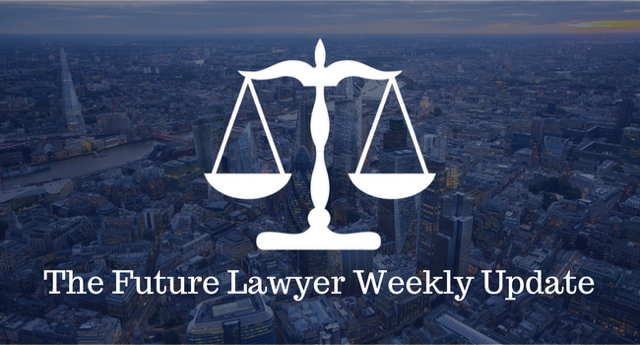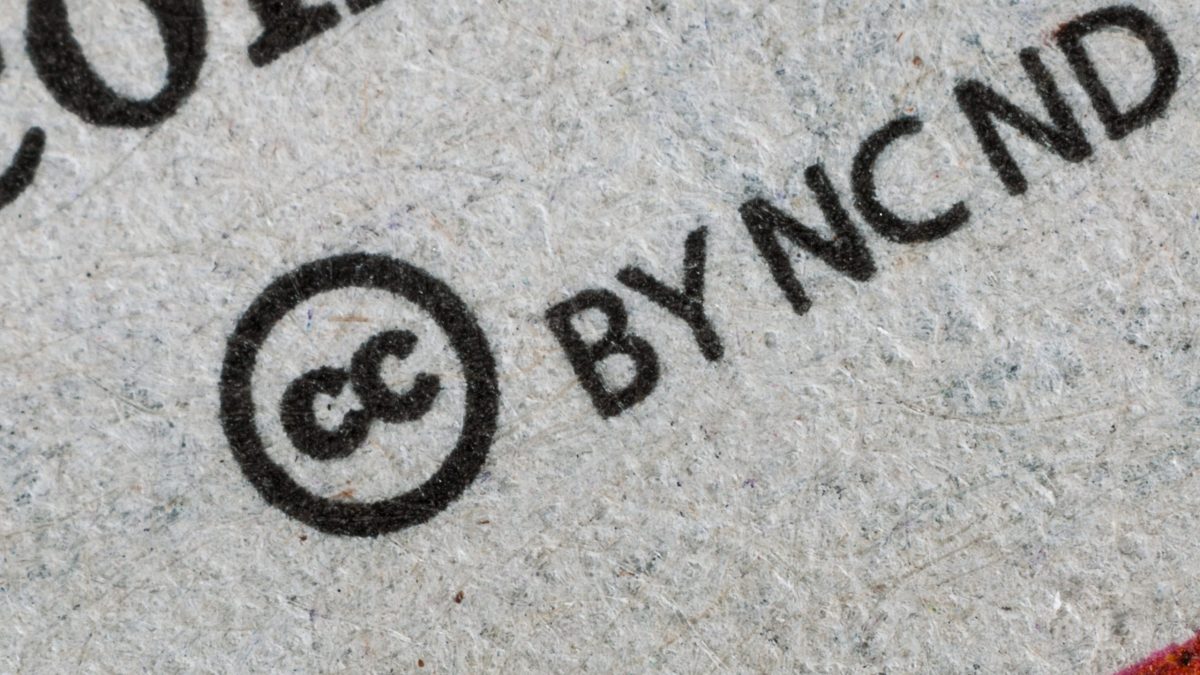
The Future Lawyer Weekly Update – w/c 20th July
July 23, 2020
Commercial Awareness Update – W/C 26th July 2020
July 25, 2020Article by Eashwari Nair
Did the lockdown help you revisit some of your long lost hobbies such as writing, painting or playing the guitar? Did access to books and the internet help you become better? Are you thinking of publishing your work and worried that you might sell yourself short in the process? Knowing your rights as an author can boost your confidence. This article explains the importance and relevance of copyrights today.
What are copyrights?
The advent of the printing press is revolutionary for three reasons. Firstly, it created a cost-effective method of distributing literary works on a large-scale. Secondly, the increased access to books contributed to the rise in literacy rates across Europe and fuelled several profound social changes during the 16th century. To counter the widespread publication of ‘rebellious’ books and magazines, the English Parliament introduced the Licensing of the Press Act, 1662. This law authorised a government entity, Stationary Company to regulate printed content. As such, every publication required the stamp of approval by the Stationary Company. In 1709, the legislators passed The Statue of Anne, which granted the publishers rights for a fixed period; recognised the individual rights of artists. By the late 1700s, the impact of the printing press was global. During this time, The United States’ Constitution recognised the need to protect an individual’s copyrights. The fact that it is recognised as a fundamental principle in the Constitution ascribes the degree of importance to the protection of human intellect.
Whether it’s the Austrian Government withholding Einstein’s work from publication till 1938 or Tarus claiming the rights to Led Zeppelin’s Stairway to Heaven -This sneak peek into history tells you how the law authorises who owns the right to distribute and copy the work of the mind.
The position of copyright holders
You become a copyright holder once you translate your ideas using a tangible medium. In other words, copyrights are automatically assigned to your work. The scope of your work includes but is not limited to illustrations, computer code, photographs, music, films and television recordings. In addition, you are entitled to claim copyrights over a derivative work like creating dramatisations, fictionalised versions, film versions, abridgements, condensations etc. Here, it is pertinent to note that you cannot claim copyrights on an idea or a thought. This means that unless you express your speech in writing or capture it in the form of a recording, your spoken words by themselves – you do not receive any protection under the copyright law. Thus, all your ideas must be in a tangible medium of expression and not in an intangible form of abstraction.
Does this mean that every artistic work you create or article you write is eligible to receive the copyright stamp? To this end, the law articulates that to qualify for protection, you should be the author of your work and must show some minimal creativity. For instance, a directory that arranges subscribers’ information into categories could avail copyrights protection. Whereas, the alphabetical arrangement of subscribers information may not invite copyright protection. Simply put, copyright protection extends to expressions that are creations of the mind and not to efforts in registering facts. Seeking guidance from a copyright or patent attorney can provide clarity on the nuances of intellectual property law.
At this stage, assume that you have created something original and creative, in case of a dispute, how would you claim that this is your work of art? Here, it is pertinent to note that although registration of your work with the copyright office is not mandatory, it is preferred. Registration is a form of a public notice sent to the world stating that you are the author of your work of art, and there is a record to validate that ownership. Consequently, you control the mode of distribution and how such distribution is to be administered. Essentially, you could ask for a fee in exchange for access to your work. Thus, if your registration is on-record and it shows that you own the copyrights to your work, the person claiming authorship to your work will have to hire a good team of lawyers. Remember, unless you assign your rights to somebody else, your copyrights do not come with an expiry date and is valid throughout your lifetime. It is interesting to note that your copyrights survive your death for a period of 70 years, i.e. 70 years from the date of your passing away. In comparison to patents, where the term of validity extends to 20 years from the date of filing—copyrights offers to protect your identity and your legacy.
Copyrights in the international context
An expression is not limited by race, ethnicity, or territory; it is universal to mankind. In 1967, by establishing the World Intellectual Property Organisation (“WIPO”) at Geneva, nations across the world recognised the importance of promoting and protecting man’s intellectual property. In addition, the organisation was to ensure the administrative corporation of members to the organisation. To this end, they formulate laws on several aspects of IP including copyrights-related and provide free-access to international and domestic laws on all IP-related legislation. Here, it is important to note that if you are seeking international copyright protection, you will have to file an application regarding the same with your copyright office. They will co-ordinate the respective departments of WIPO.
In the age of the internet, how far can WIPO administer rules that translate into effective enforcement? With increased access to internet, how much can one control the distribution of content?
Copyrights in the age of information
The internet democratises the access to information and does not discriminate (unless specified). On the other hand, copyrights ensure a streamlined and controlled channel of permitted access to information. The rising narrative against the use of copyrights is the Open-Access Movement. The proponents of this movement encourage the free distribution of books, music, films etc. For instance, if you cannot afford to pay for The New Yoker, The Wallstreet Journal, or any other e-edition of a newspaper that hides information through a paywall, you simply can down an external plug-in that will help you bypass the wall and read the news. Similarly, if you want to access an academic paper that is protected by a paywall, you simply log on to a website called Sci-hub and enter the link of the paper protected by paywall, you’ll be able to download the paper. These tools are developed to implement the underlying principle: All kinds of Information must accessible to all, irrespective of their personal attributes.
With all these tools, you probably are wondering who benefits from copyrights and why would people sue for copyright infringement? In the real world, Knowledge is power, but in the lucrative sense. The Intellectual Property Law practice is notoriously famous for fuelling litigation in the industries that thrive on creativity such as the technology industry. For instance, in Apple Inc. v. Microsoft Corporation, Apple sued Microsoft for infringing their copyrights to their Desktop User Interface. The Court held in favour of Microsoft. Although the decision was delivered in 1994, legal disputes continued thereafter. It was only in 1997 the issue was bought to an end, which involved Microsoft investing 150 Million Dollars in buying non-voting Apple stock.
Recently, several publishers in the United States sue Internet Archive (an open-source website) for mass copyright infringement. The Publishers argue that this website offers access to about 1.3 million books, and exceeds legitimate library services. They hope to prove that the Internet Archive is engaged in piracy of books and effectively violating copyrights. Although the case is yet to be heard, this will be one of the most important cases for the open-access community.
Will the traditionally established publishers succeed over the people’s quest to democratise access to information? Will the jury recognise people’s fundamental right to inexpensive information? Will open-access bring copyrights to its knees?





